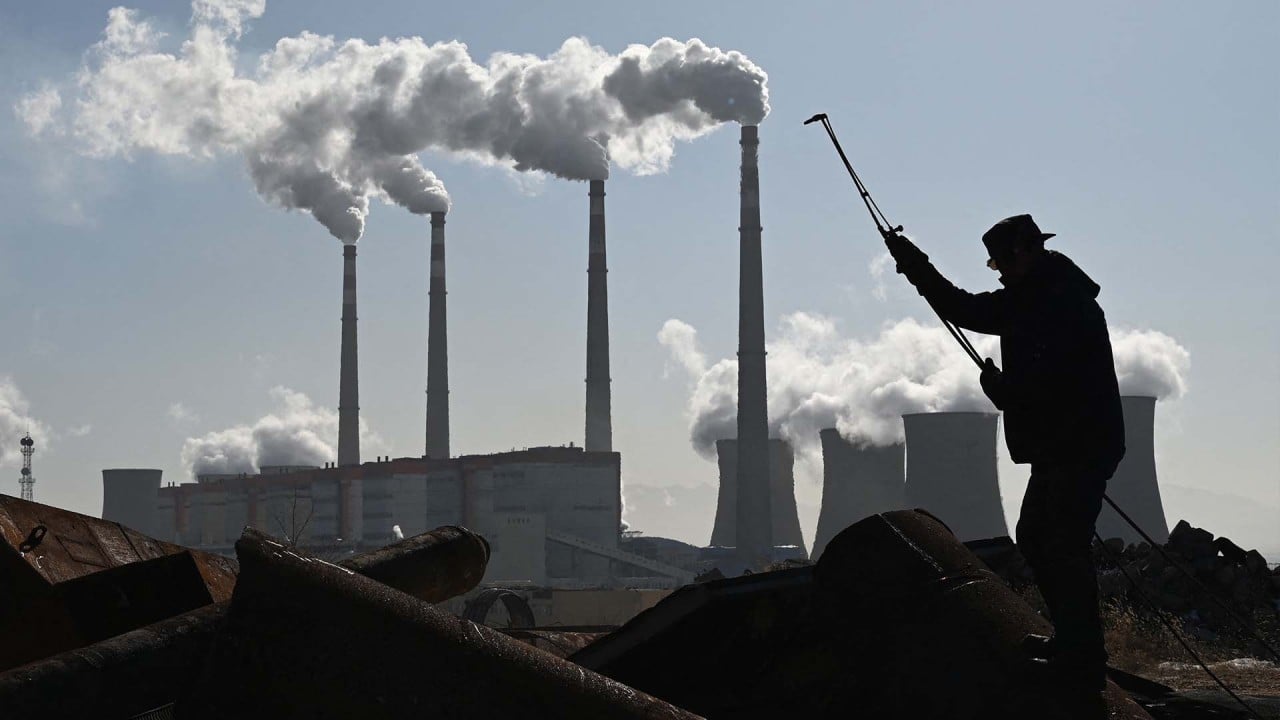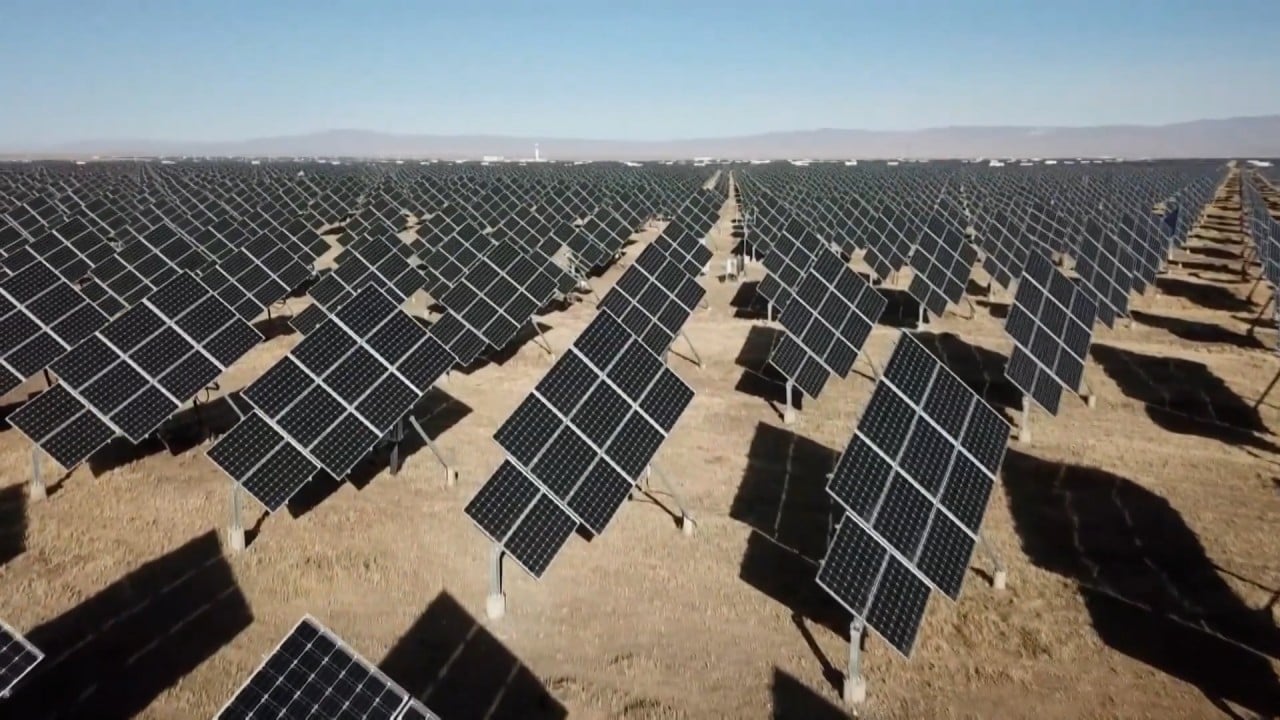
Belt and Road Initiative: China ended coal financing last year, but oil and gas investments tripled, study shows
- China’s oil and gas engagements in the 144 belt and road nations tripled to US$10.9 billion last year from US$3.7 billion in 2020, Fudan University report shows
- Funding for renewable energy projects declined to US$10 billion last year from US$12.5 billion in 2020
China stopped building and funding coal projects in nations covered by its Belt and Road Initiative last year, but support for oil and gas ventures surged, according to a study published by Fudan University.
China’s oil and gas engagements – investment and construction – in the 144 nations covered by the initiative tripled to US$10.9 billion last year from US$3.7 billion in 2020, the report by the Shanghai university’s green finance and development centre showed.
However, support for renewable energy – hydro, solar and wind – projects declined to US$10 billion last year from US$12.5 billion in 2020 and US$16.4 billion in 2019.
Investments in energy, transport and infrastructure construction made up the bulk of China’s engagements in belt and road countries last year, which amounted to US$59.5 billion, slightly lower than US$60.5 billion in 2020. It was, however, 48 per cent lower before the pandemic in 2019.
“With the Covid-19 pandemic ongoing, [Belt and Road Initiative] investments were at their slowest pace since China’s overseas investment strategy was coined in 2013,” the report said.
Within energy-related activities, over half of the US$22.3 billion investments last year went into oil and gas projects, followed by 31 per cent in solar and wind farms.
The growth in oil sector activity has more than offset the disappearance of coal-related ones, which followed President Xi Jinping’s pledge in September to stop building coal power projects. Earlier in July, Beijing issued guidelines to accelerate “green” investments overseas.
“With more Chinese investors and insurance companies being aware of financial and environmental risks in coal-fired power plants … I would expect the majority of the announced coal-fired power plants to be reviewed and likely to struggle to find financing,” said Christoph Nedopil Wang, director of the green finance centre and the report’s author.
One of the affected projects is the 700-megawatt Ugljevik III coal-fired power plant in Bosnia and Herzegovina. The project has struggled to secure financing from Chinese banks since last year.
Still, greater support from China on development of overseas oil and gas projects goes against Beijing’s climate ambition, climate campaigners said.
“It’s encouraging to see that investment in coal has collapsed, but the rise in oil and gas investment does not bode well for China’s ambition to be a leader on climate internationally,” said Byford Tsang, senior policy adviser at climate risk, finance and energy policy advocacy E3G.
Some 20 nations, including the US and Canada, committed at the COP26 global climate summit last November to stop public financing for fossil fuel projects abroad by the end of 2022, and steer their spending into clean energy.
Major Asian nations, including China, Japan and South Korea – among the biggest backers of foreign fossil fuel projects among the G20 nations – did not join the pact on oil and gas. The G20, however, pledged to stop funding overseas coal power projects.
Meanwhile, a lack of flexibility in energy financing approval mechanism and business models is proving to be a barrier for China’s support for renewable energy projects abroad, said Zhang Jing, a Beijing-based senior campaigner at Greenpeace East Asia.
“Energy finance standards and systems are still tailored to massive coal projects,” she said. “This inflexibility is a bottleneck for financing renewable energy projects, which are [typically] smaller than fossil fuel projects but are more flexible [to implement].”
Chinese investors have also cited insufficient information on energy policies and up-to-date energy resource data of target nations among challenges they face, she noted.
Although China has for years been the world’s biggest installer of wind and solar farms, it is still proving its credentials as a projects developer overseas against international peers, said Norm Waite, an analyst at the Institute for Energy Economics and Financial Analysis.
“The Belt and Road Initiative offers China the best opportunity to prove its green power construction expertise,” he said.



